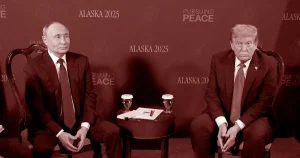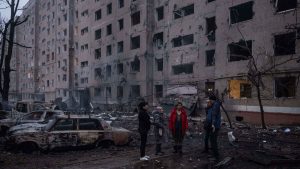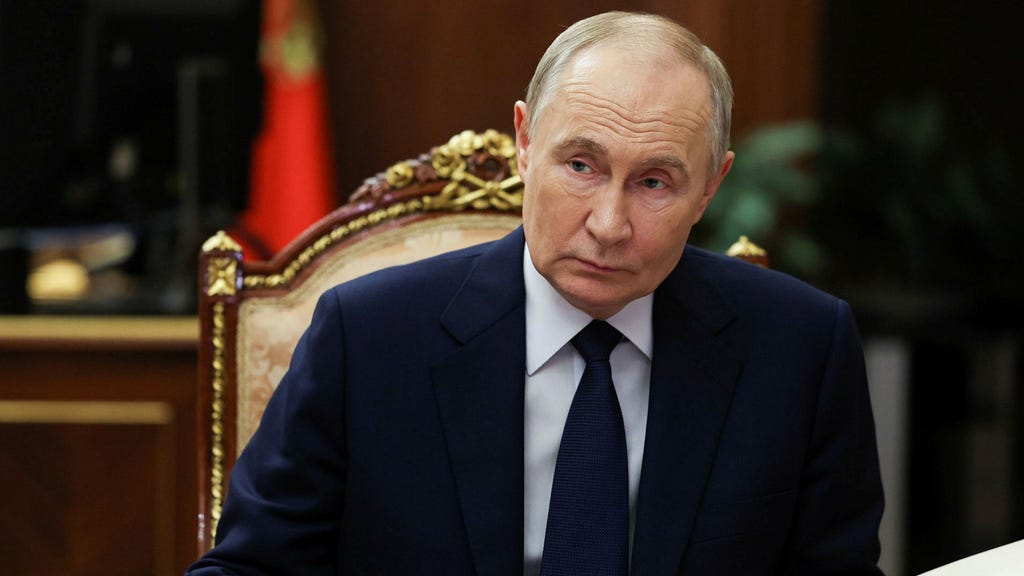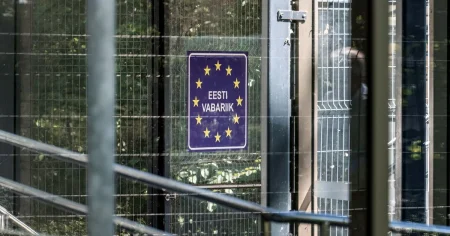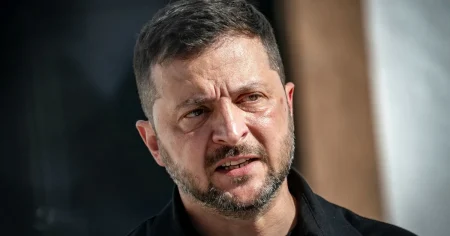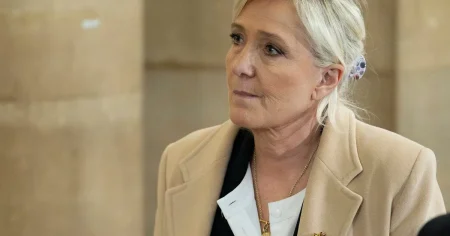The author recounts a press trip with the Russian army in Syria seven years prior, highlighting a seemingly trivial incident that, in retrospect, reveals deeper truths about the nature of dictatorships and their inherent flaws. During a bus journey, the Russian Ministry of Defence spokesman, Igor Konashenkov, carelessly discarded a cigarette pack, prompting the author to reprimand him and pick up the litter. This small act of defiance, met with stunned silence, underscored the controlled environment of the trip and the inherent power imbalance between the Russian hosts and the international journalists. The anecdote serves as a microcosm of the larger dynamic at play: Russia’s dominance in Syria, meticulously orchestrated and presented to the journalists, masked a fragility and unsustainable commitment of resources. The incident with the cigarette pack, while seemingly insignificant, foreshadowed the larger pattern of disregard for consequences that would characterize Russia’s future actions.
The trip itself showcased Russia’s military might: Soviet-era transport planes, modern armored vehicles, and advanced fighter jets. The journalists were presented with a carefully constructed narrative of Russian success and control. General Aleksandr Lapin, then commander of Russian forces in Syria, briefed the journalists in a former ISIS tank workshop, a symbolic location meant to underscore Russia’s triumph over extremism. This display of power, however, masked the underlying financial burden of propping up the Assad regime. The lavish expenditure on military hardware and personnel in Syria represented a significant investment for Russia, an investment that would ultimately prove unsustainable when stretched thin by other geopolitical ambitions. The author suggests that this display of military prowess was part of a larger strategy by Putin to reassert Russia’s influence in the Middle East.
Seven years later, both Konashenkov and Lapin would play prominent, albeit ignominious, roles in the Russian invasion of Ukraine. Lapin faced criticism for military setbacks, while Konashenkov became the face of Russian propaganda, robotically reciting often-dubious claims of victory before vanishing from public view. The author argues that Putin’s heavy investment in Syria, while initially successful in maintaining Assad’s grip on power, ultimately backfired. The invasion of Ukraine diverted crucial resources from Syria, leaving Russia’s influence there vulnerable and ultimately weakening its position. The author contends that this miscalculation is characteristic of dictatorships, where the absence of open debate and critical thinking leads to an overestimation of capabilities and a disconnect from reality.
The author posits that dictators, surrounded by ”yes-men,” become increasingly isolated from accurate information and prone to making irrational decisions based on flawed assumptions. Putin’s decision to invade Ukraine, driven by a desire to restore Russia’s perceived greatness, is presented as a prime example of this flawed decision-making. The author argues that by diverting resources from Syria to Ukraine, Putin undermined his own success in the former, demonstrating a lack of foresight and strategic thinking. This, the author claims, is a recurring pattern in dictatorships: the prioritization of short-term gains and prestige over long-term stability and strategic planning.
The author further criticizes Putin’s tendency to mock Western leaders for what he perceives as their irrationality, particularly regarding energy policy. The irony, the author points out, is that Putin himself now faces a similar predicament, having underestimated the costs and consequences of his own actions. His threats to build new military bases along the Finnish border, following Finland’s accession to NATO, are contrasted with the reality of depleted resources and a weakened military presence in the region, all due to the drain of the Ukrainian conflict. This, the author argues, exposes the hollowness of Putin’s rhetoric and the fragility of his power.
The author concludes by highlighting the inherent irrationality of dictatorships, attributing it to the lack of open debate and the suppression of dissenting voices. This absence of critical discourse, the author argues, creates an environment where flawed assumptions and unrealistic expectations flourish, leading to disastrous decisions. Putin’s actions in Syria and Ukraine are presented as case studies in this dynamic, demonstrating the dangers of unchecked power and the ultimate unsustainability of regimes built on repression and misinformation. The author’s anecdote about the discarded cigarette pack, seemingly trivial at the time, becomes a symbolic representation of the larger disregard for consequences that characterizes Putin’s leadership and ultimately undermines his own ambitions.


